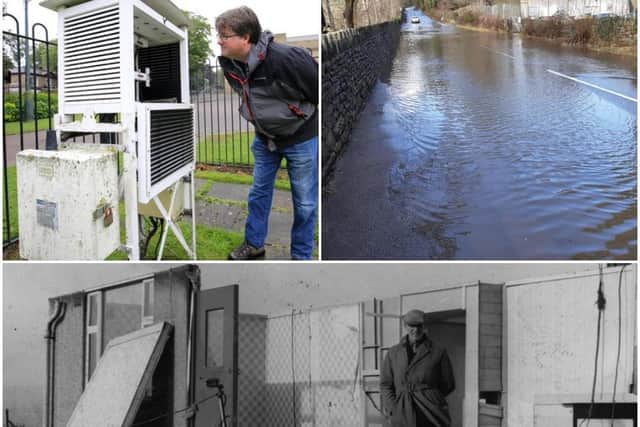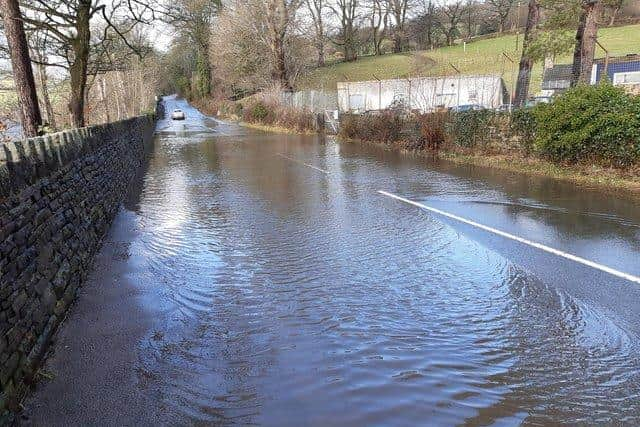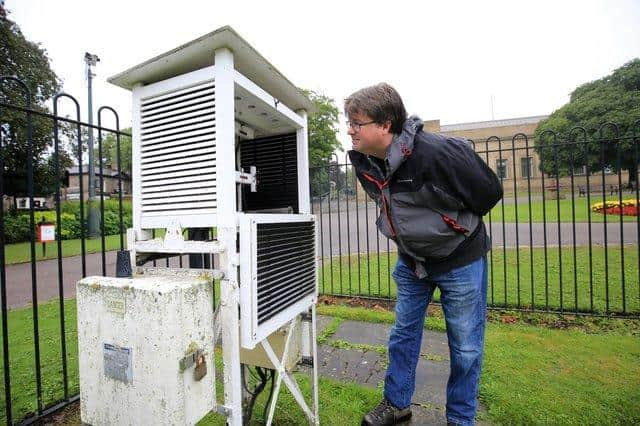Sheffield weather: How storms Dudley, Eunice and Franklin compare with Sheffield hurricane of 1962
and live on Freeview channel 276
Storms Dudley, Eunice and Franklin have hit the city hard recently causing flooding, trees to fall and damage to property.
Hurricane force winds of 85mph were even recorded at a weather station at Emley Moor, several miles away from the city.
Advertisement
Hide AdAdvertisement
Hide Ad

However, the high winds and rain does not compare to the adverse weather of February 1962, when a full-blown hurricane swept through the city.
The high winds killed four people in Sheffield and Barnsley and injured 250, demolished 250 homes and caused damage to thousands more.
Sheffield was declared a National Disaster Zone and a fund was set up to help people get back on their feet.
The extreme weather 60 years ago and the more recent storms have been recorded at a weather station based at Weston Park Museum.
Advertisement
Hide AdAdvertisement
Hide Ad

The device is actually one of the longest-running weather stations in the country, having being set up as far back as September 1882.
Alistair McLean, curator of natural science at Sheffield Museums Trust, analysed the data to put some perspective to the recent storms.
He said: “Storms are quite common in February. Many will remember the storm of February 1962, in which we recorded an enormous gust of 96mph on the 16th of that month – our strongest gust on record.
"The wind speeds we’ve recorded this year have been very high, but haven’t been anywhere near that kind of magnitude. The strongest gust we’ve recorded so far was 57.5mph at 19:57 on the 20th.
Advertisement
Hide AdAdvertisement
Hide Ad

"However, the tall buildings which now surround Weston Park are certainly effecting our wind readings, making it difficult for us to directly compare what’s happening now with what happened in the past."
He added: “It’s also tricky to compare data from other weather stations, as wind speed is also affected by altitude and surrounding terrain.
"However, the strongest gust we’ve recorded in recent years was 78.2mph on 18th January 2007 (at 13:44). February 2014, 2011 and 2008 also saw windier days than 2022. On that basis, it would appear that Sheffield may have gotten off comparatively lightly this time round.
"Rainfall readings at Weston Park have been more consistently recorded, as they aren’t as affected by the surrounding buildings. So far, we’ve recorded 172mm of rain, which is nearly triple the usual amount for February.
“February 2020 was the wettest on record with 240mm. Only time will tell whether we approach this record by the end of the month."

